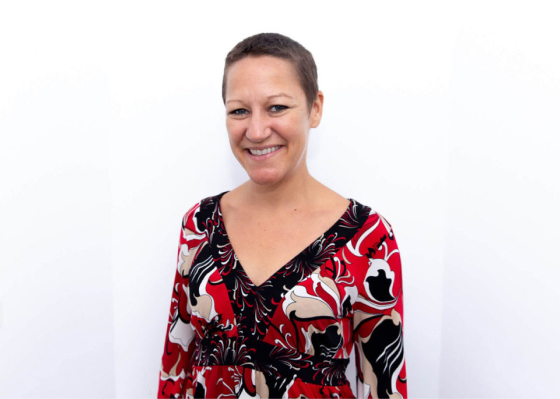Olivia Sibony, AIN’s Head of Impact, looks at the rise in interest in green and clean tech startups and why we have seen a ‘perfect storm’ of conditions for their growth.
Over the past few years we have seen the perfect storm of conditions that have rocketed investor interest in green and clean tech startups. Looking at the patterns of investor keyword searches on the AIN global platform we have seen impressive growth for green business terms, including ‘renewables’, ‘greentech’ and ‘environmental’.
In the last three years these business ideas have gone from niche to mainstream with investors hungry for standout solutions for our manifold environmental challenges. The COP 26 conference further committed Governments to carbon reduction targets. As was acknowledged in Glasgow, it is private enterprise and nascent businesses that will provide many of the solutions.
Factors such as the recent surge in gas prices have made us more aware of the need to find alternative and renewable energy sources, alongside smart ways to reduce energy consumption.
Reasons behind rising interest
There are several reasons for the rising interest among investors.
- Firstly, the increased global natural disasters with floods and wildfires closer to home have really brought this home to everyone. Including consumers, business leaders and governments.
- We then saw COP 26 turning up the volume on the dialogue. This included recognition of the need for the ingenuity of businesses to come up with the solutions to the challenges we all face.
- A third factor at play has been covid reframing people’s values on what really matters and the increasing interconnectedness of the planet.
Companies have realised they need to nurture their customers and the younger generation who have the most to lose are the most vocal in advocating for change. So they’ve shifted their focus which has opened up the supply chain market for a lot of B2B Climate Tech opportunities.
A further spur to action comes from companies also realising their employees increasingly care about the environmental impact of the companies they work with, so has also stimulated growth in this space.
Case study examples
This means more entrepreneurs are stimulated to build companies in this space as more investors see great commercial opportunities. As well as the obvious motivation for passion driven angel investors in investing in something that will provide a better future for them and their children. Over the past year through AIN, we have seen some impressive cleantech businesses being backed by our experienced angel investors.
Exciting businesses who have raised including cleantech business, eleXsys Energy who successfully raised £5m last year. They have developed a unique, enabling technology that will drive the transition of global energy grids to a clean energy future. Investors bought into their vision for their technology which enables commercial and industrial rooftops to become grid-connected, solar power plants.
Another business that has seen a great deal of investor interest is Zero Carbon Farms. They are a cutting edge AgTech company that builds and operates Controlled Environment Farms, providing a future-proof and sustainable solution for growing. They solve the problem of carbon generation in farms by providing up to 90% less water and a fraction of the space compared to conventional farming.
While Zero Carbon are dealing with sustainable production, Greyparrot – Co-founded by CEO Mikela Druckman, are applying cutting-edge deep-learning AI computer vision technology to the formidable problem of waste recycling. Their solution analyses waste on moving conveyor belts to allow monitoring, audit and sorting of waste at scale. Greyparrot have trials ongoing at 12 facilities with leading waste management companies, and are now raising a £10m Series A to scale their commercial product and become the category leader in waste analytics.
Seeing the success of these businesses can inspire the next generation of entrepreneurs to come up with their own solutions, offering the chance to marry profit with purpose. In turn many will go on to become investors themselves creating a virtuous cycle to help power the circular economy that must become the future of the planet if we are to avoid the worst ravages of climate change.

